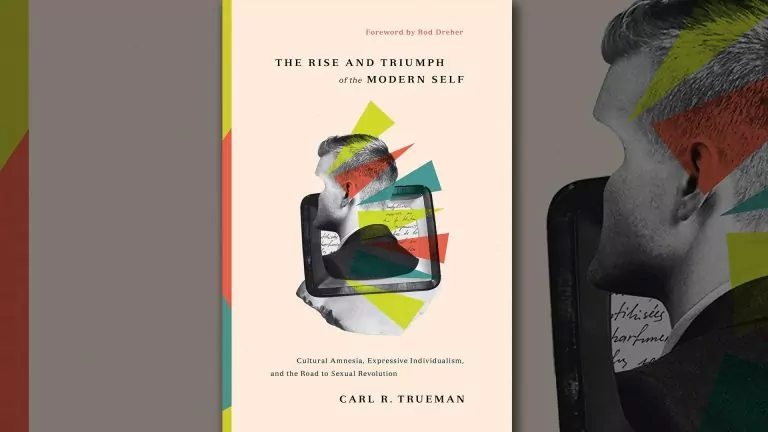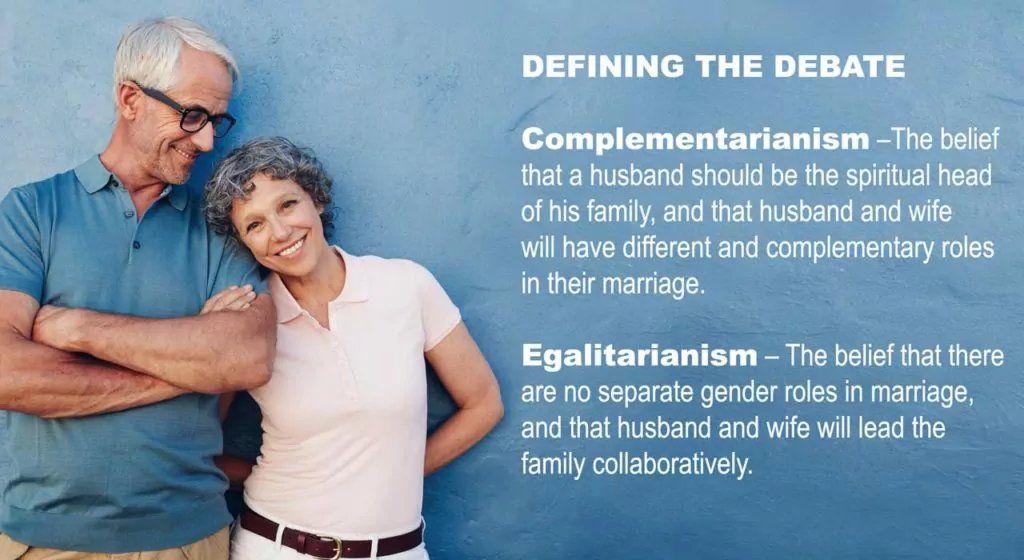Cultural Amnesia, Expressive Individualism, and the Road to Sexual Revolution
by Carl R. Trueman
2020 / 425 pages
Carl Trueman has lost his sense of humor. I’ve read several of his books and they all had clever moments of wit. However, there’s nothing to laugh about in Trueman’s latest. There’s a definite risk in it being otherwise. Our day doesn’t tolerate any joking around when it comes to the sexual revolution, particularly from those who might be critical of it. Even when we come with gravitas, the revolutionaries will not be pleased. While progressives “Christian” or secular won’t bear any critiques of their revolution, Bible-believing Christians need such critiques more than ever. If we’re going to withstand the forces arrayed against us, we need deep-digging analysis. And Trueman delivers.
For those unfamiliar with him, Carl Trueman is professor of biblical and religious studies at Grove City College in Pennsylvania. He was previously a professor of historical theology and church history at Westminster Seminary in Philadelphia. He’s an ordained minister in the Orthodox Presbyterian Church and the author of numerous books and articles.
By training Trueman is a historian and this book is primarily a work of history. It explains how things came to be as they are. Trueman writes:
My aim is to explain how and why a certain notion of the self has come to dominate the culture of the West, why this self finds its most obvious manifestation in the transformation of sexual mores, and what the wider implications of this transformation are and may well be in the future.
The Rise and Triumph of the Modern Self is not, therefore, so much of a theological analysis of intellectual and cultural trends past and present. There is some such analysis, but The Rise and Triumph… is primarily historical — albeit written from a Christian historian’s perspective. It essentially traces the historical development leading up to the sexual revolution of our present day.
4 parts
In Part 1, “Architecture of the Revolution,” Trueman lays out some helpful conceptual categories and tools for understanding the history to be examined.
In Part 2, “Foundations of the Revolution,” he explores how philosophers (Rousseau, Nietzche, and Marx), scientists (Darwin) and poets (Wordsworth, Shelley, and Blake) played key roles in the development of the psychologized self.
Part 3, “Sexualization of the Revolution,” features psychoanalyst Sigmund Freud, whom Trueman asserts, “is actually the key figure in the narrative of this book.” More than anyone else, Freud is responsible for sexualizing psychology. As Trueman notes,
“…before Freud, sex was an activity, for procreation or for recreation; after Freud, sex is definitive of who we are, as individuals, as societies, and as a species.”
Marxist scholars Wilhelm Reich and Herbert Marcuse took the next step and politicized sex. Accordingly, “Sex is no longer a private activity because sexuality is a constitutive element of public, social identity.”
In Part 4, “Triumphs of the Revolution,” Trueman demonstrates how the sexual revolution has carried the day in terms of:
- pornography
- how feelings govern ethics (the therapeutic mindset)
- and transgenderism
The last of these is the most interesting, as Trueman describes how transgender individuals were not initially welcomed by the gay and especially the lesbian community. Even gays and lesbians weren’t always on the same side. So, how did the T come to stand with the L and the G? Trueman answers:
“…it is a political coalition forged on the basis of a common enemy – a socially and politically enforced heterosexual normativity.”
Two highlights
There are many good insights in The Rise and Triumph of the Modern Self, but let me isolate two that especially grabbed my attention. For many years, I understood the sexual revolution as something that more or less developed out of the “hippie”/anti-war movement of the 1960s with the catalyst being America’s involvement in Vietnam. I thought of it as an anti-authoritarian and at times anarchic, at other times Marxist, social phenomenon. However, Trueman’s work shows that to understand the present day, we have to reach back at least two centuries.
The other insight has to do with the way sexuality has become key to selfhood and identity. Trueman notes that, in today’s world, not recognizing someone’s identity leads to feelings of inferiority. This is akin to a personal attack. He goes on:
This observation is important in enabling us to understand why, for example, in a society where sexuality is foundational to personal identity, mere tolerance of homosexuality is bound to become unacceptable. The issue is not one of simply decriminalizing behaviour; that would certainly mean that homosexual acts were tolerated by society, but the acts are only a part of the overall problem. The real issue is one of recognition, of recognizing the legitimacy of who the person thinks he actually is. That requires more than mere tolerance; it requires equality before the law and recognition by the law and society. And that means that those who refuse to grant such recognition will be the ones who find themselves on the wrong side of both the law and emerging social attitudes.
The person who objects to homosexual practice is, in contemporary society, actually objecting to homosexual identity. And the refusal by any individual to recognize an identity that society at large recognizes as legitimate is a moral offense, not simply a matter of indifference. The question of identity in the modern world is a question of dignity. For this reason, the various court cases in America concerning the provision of cakes and flowers for gay weddings are not ultimately about the flowers or the cakes. They are about the recognition of gay identity and, according to members of the LGBTQ+ community, the recognition that they need in order to feel that they are equal members of society.
Trueman nails it. The sexual revolution doesn’t want our indifference or our toleration. It wants our affirmation, recognition, and celebration. Anything short of that is considered phobic – defined as a form of irrational bigotry.
Conclusion
The book ends with a “Concluding Unscientific Prologue.” The last word there is Trueman’s hint he may have more to say on this subject. He does already here propose some constructive ways in which the church could be engaging with the world, besotted as it is with the sexual revolution. One of his points here did however raise my eyebrow: “Protestants need to recover both natural law and a high view of the physical body” (p.405). I have no problem with the latter. But “natural law” here would seem to demand a little more explanation than Trueman provides. He frames it in the context of teaching the church should provide to its members regarding moral principles. So, it would seem, he’s proposing the recovery of an understanding of the moral order God has revealed in nature. But since that moral order is more clearly revealed in the Word of God, and we’re talking about the church, why not focus our attention on Scripture?
All Christian leaders need to read this book, whether they’re involved with leadership in education, business, government, or the church. The sexual revolution threatens Christian hearts and minds which are sometimes naïve to the consequences of accepting some or all of its key premises. Christian leaders need to be conversant with the history and philosophy behind the revolution, so they can speak the truth in love from God’s Word. The Rise and Triumph of the Modern Self meets that need. I believe it will be recognized as one of the landmark Christian books of our time.














